
 |
|
|||||||
| Coffee Shop Talk of a non sexual Nature Visit Sam's Alfresco Heaven. Singapore's best Alfresco Coffee Experience! If you're up to your ears with all this Sex Talk and would like to take a break from it all to discuss other interesting aspects of life in Singapore, pop over and join in the fun. |
 |
|
|
Thread Tools |
|
#1
|
|||
|
|||
|
An honorable member of the Coffee Shop Has Just Posted the Following:
Why would Malaysia do that unlike Singapore which has imported more superior indians and filippinos instead of inferior foreign chinks like us? :eek: 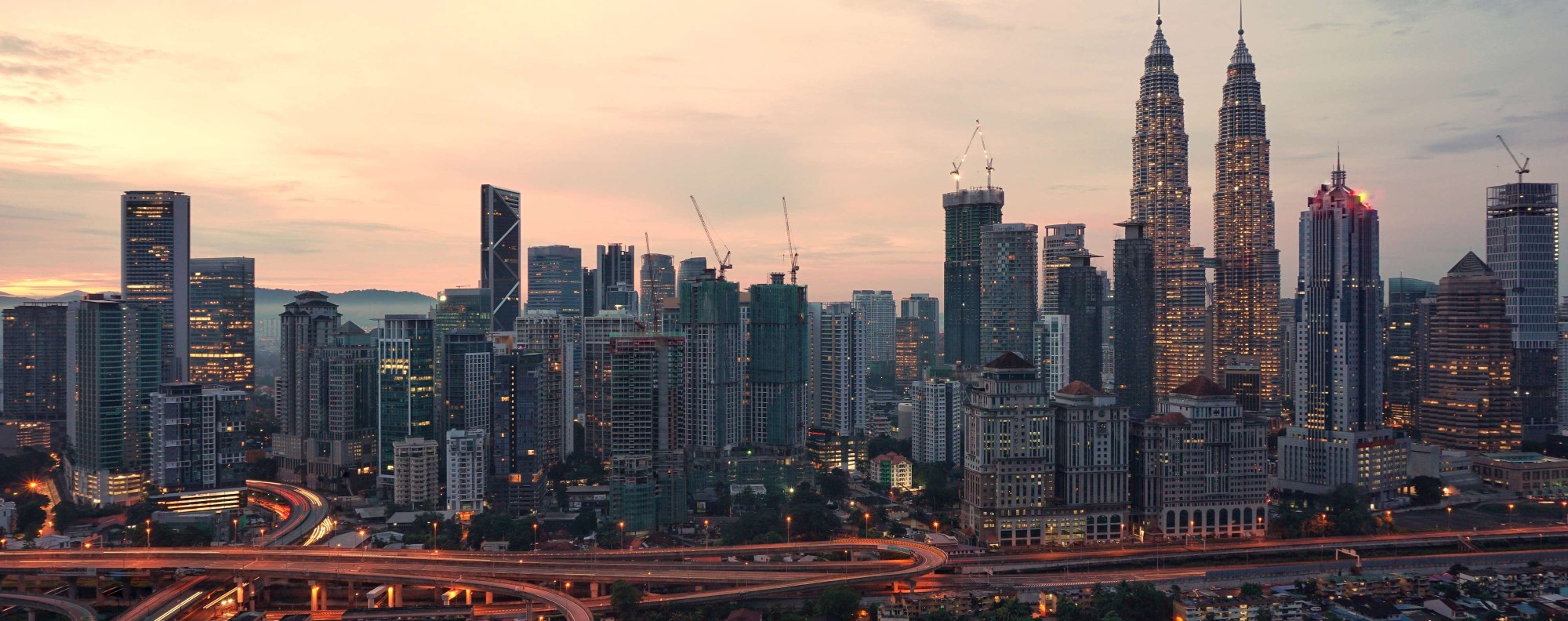 Why are Chinese moving to Malaysia by the thousands? With an election looming, the country’s often fraught race relations are as complicated as ever, but that hasn’t dented its appeal to a ‘third wave’ of immigrants from China By Tashny Sukumaran & Coco Liu 25 Mar 2017 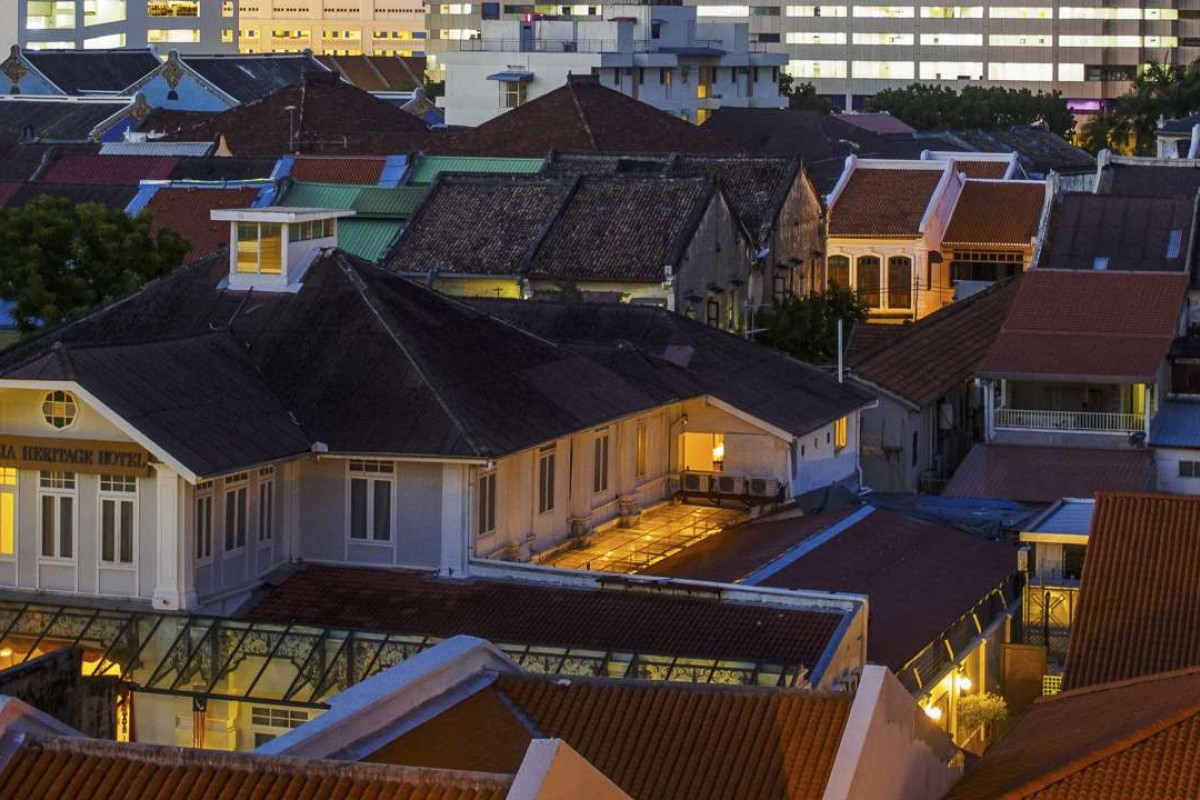 George Town is the capital of the state of Penang in Malaysia, one of the hot spots for Chinese residents making use of the Malaysia My Second Home programme. Photo: Zuma Paul Ying Qian, 32, first tried durian when he was 10 years old in his home town of Hunan ( 湖南 ), China. A family friend had sent his mother the pungent fruit, which the whole family enjoyed. Paul tried durian again when he was studying in Australia, but it was expensive and didn’t match the taste in his memory. Now he lives in durian-obsessed Malaysia, but it isn’t the fruit that brought him here. It was the temperate weather, cleaner air and mix of Asian values and Western infrastructure. “It’s easy to join in the culture here, and not feel like a total outsider. The different races get on well, and it’s quite near China – much nearer than Australia. The education is good, and the country maintains its traditional face while also experiencing development. Back home the seasons are very dramatic with extremely hot summers and very cold winters. Malaysians are very friendly. I feel this is a good place for my next generation.” 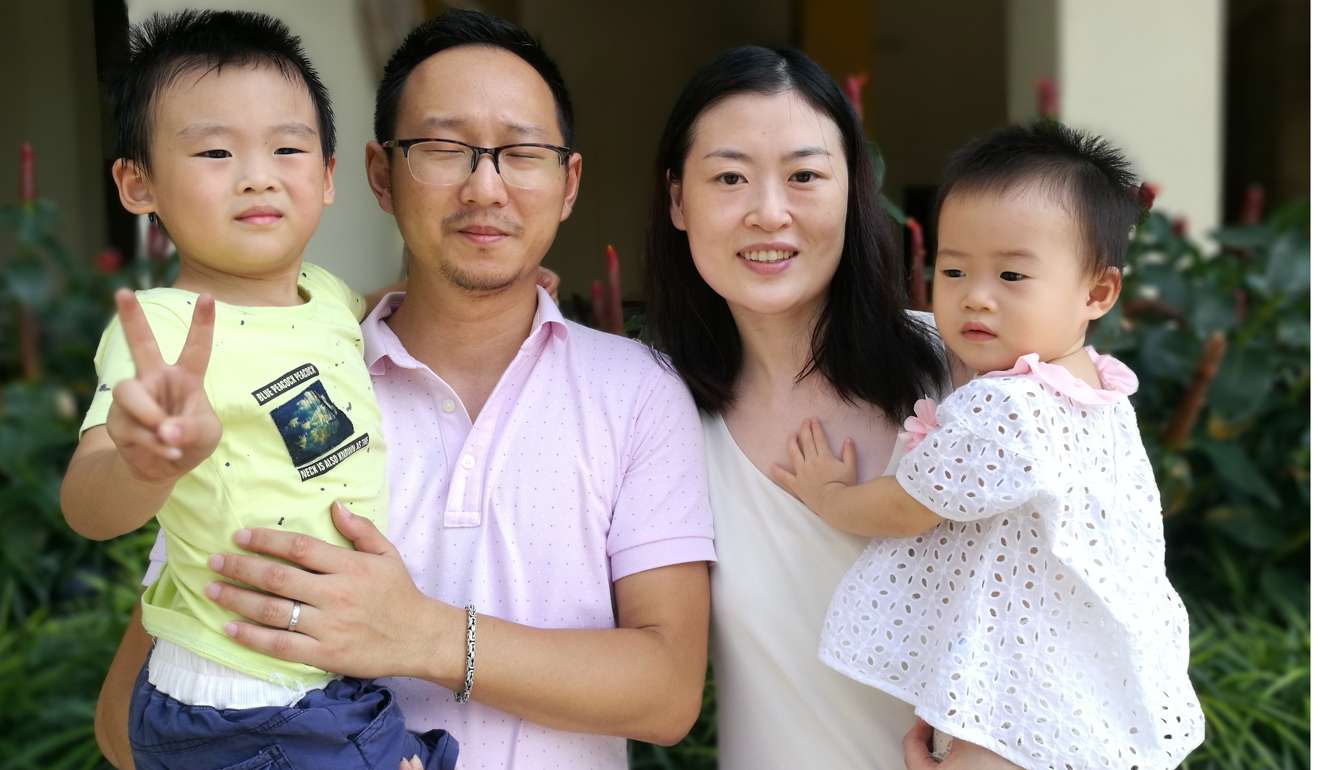 Paul Ying Qian and his wife moved from China to Malaysia as part of the Malaysia My Second Home programme in 2009. Both of his young children were born in Malaysia. Paul, who gained his residency through the Malaysia My Second Home (MM2H) programme, is one of thousands who have settled under the scheme. He has been here since 2009, and his two children, aged one and three, were born in Malaysia. “I travel between here and China, spending about four months a year in my home town Wuhan (武漢) to take care of the family business. My wife Sophy stays in Malaysia with the kids,” he said. He discovered Malaysia thanks to his father, who travelled the region in his youth. “He went to Singapore, Thailand, Malaysia. He liked it best and moved here when he was older. After I completed my undergraduate degree in Australia, I came here to do an MBA and stayed on. My parents actually live in the same building as me,” he said, pointing to the tall tower behind him ensconced in the leafy upmarket suburb of Mont Kiara, Kuala Lumpur. Paul and his family are comfortable in the nation’s capital, even with MM2H’s no-work clause. His real estate and wholesale business dealings in China allow him to support his family, while he has also invested in the Malaysian hotel industry. And in his spare time he and his family go on road trips, travelling to hawker haven Penang or idyllic Langkawi just because they can. 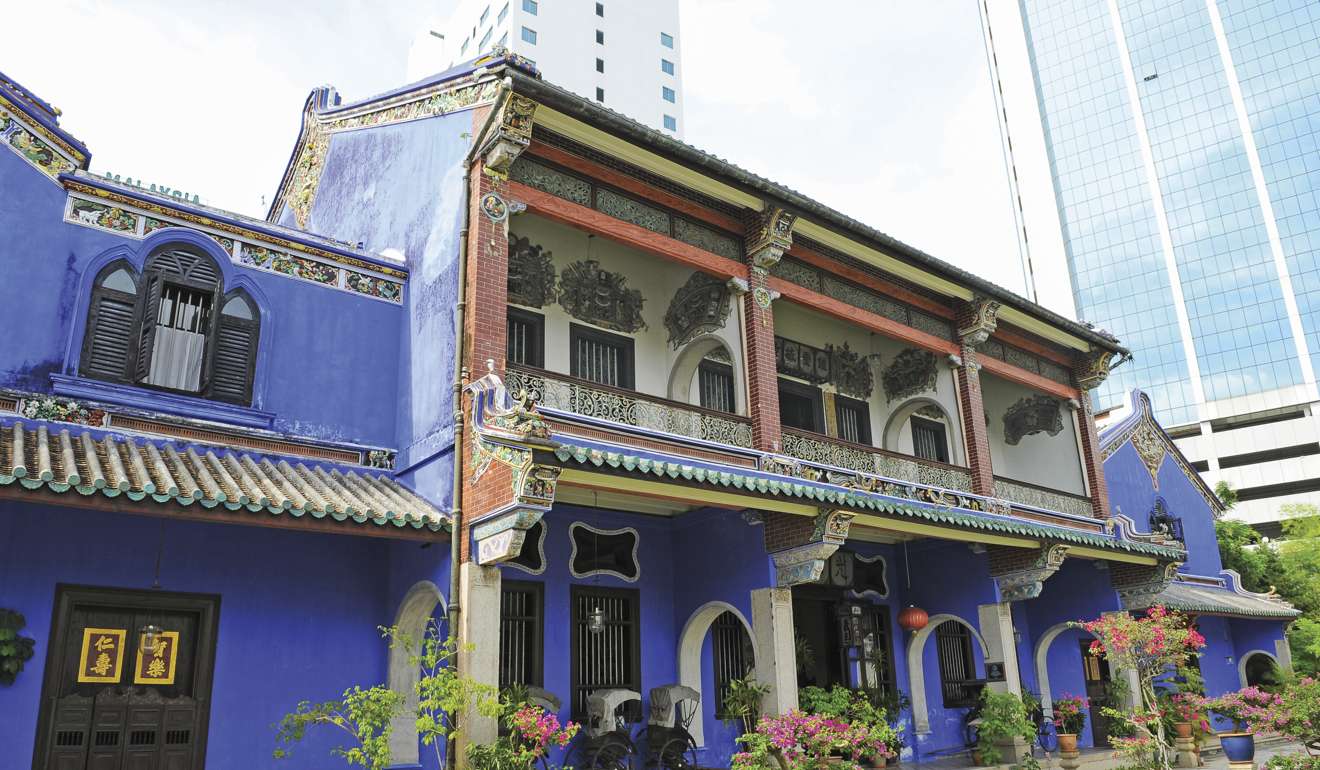 The Cheong Fatt Tze Mansion in George Town on Penang Island. Photo: Travel Post Magazine Although Malaysia has a history of mistreating migrants, particularly refugees and foreign workers, those under the MM2H scheme are considered “expats”, an elite, high-earning group. The scheme allows successful applicants largely unrestricted travel into and out of Malaysia as well as various incentives and tax exemptions.However, it comes with stringent eligibility criteria as well: liquid assets of 350,000 Malaysian ringgit (HK$615,000) to 500,000 ringgit, fixed deposits and a minimum price cap on purchasing property so as to curb speculation. In 2016, more than 1,000 Chinese signed up for the scheme, fleeing the freezing cold winters and dangerous pollution levels of their homeland – 43.9 per cent of applicants were Chinese, with Japanese a distant second at 9.2 per cent. Chinese have shown the most interest in the scheme. Official government statistics put the number of successful Chinese applicants at 7,967 from 2002 to 2016, out of a total of 31,732 successful applicants from around the world – 25.1 per cent of the share. Malaysia is experiencing a “third wave” of Chinese migration – after a 15th century influx and a tin mining boom in the 19th century – these days that isn’t at all limited to just MM2H participants, but also includes foreign workers, some of whom are undocumented. A fair number of these migrant workers are usually employed in low-skilled sectors such as construction or factory lines. Recently, 127 Chinese nationals were rounded up by the Sarawak Immigration Department and 16 of them lacked valid travel documents. 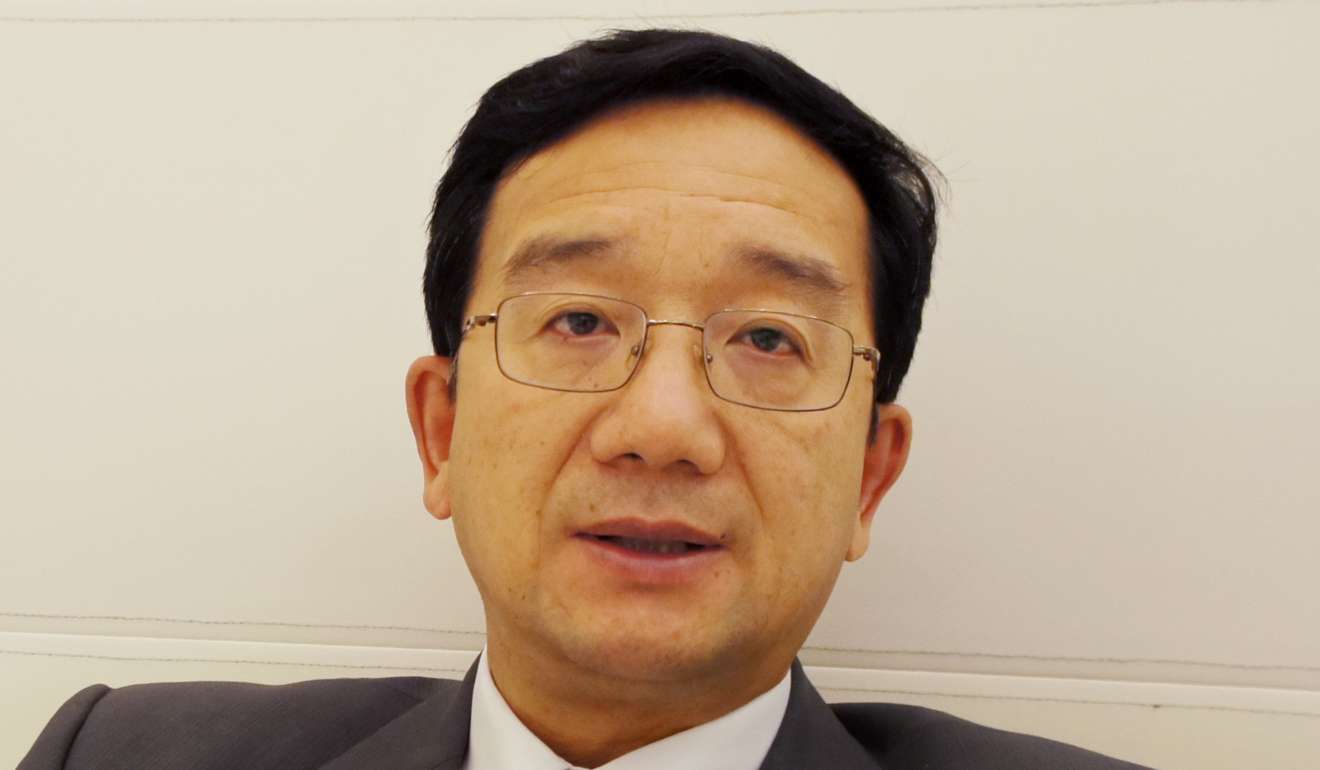 China’s Ambassor to Malaysia Huang Huikang. Photo: Handout This influx of Chinese migration comes at a time when Malaysia’s often fraught race relations are more complicated than ever, with a general election – always a good time for race to be made a political football – looming. In 2015, a pro-Malay protest with anti-Chinese sentiments drew the ire of Ambassador Huang Huikang, who said China would not ignore “infringement on China’s national interests or violations of legal rights and interests of Chinese citizens and businesses”, reported the media. However, MM2H applicants brush aside such concerns, reporting friendliness from the Malaysians they meet. Since many divide time between China, where they deal with business obligations, and Malaysia, any concerns about racial tensions are lessened as they have someplace else to go. Hu Xiaolong, 65, moved to Malaysia from Shanghai to be closer to his daughter after she married a Malaysian. Before he became part of the MM2H programme, he could not stay for longer than a month. “I now spend a few months in Shanghai and a few months in Malaysia visiting my daughter. I found Malaysia a nice place for the elderly, so my wife and I bought an apartment in Kuala Lumpur,” he said. 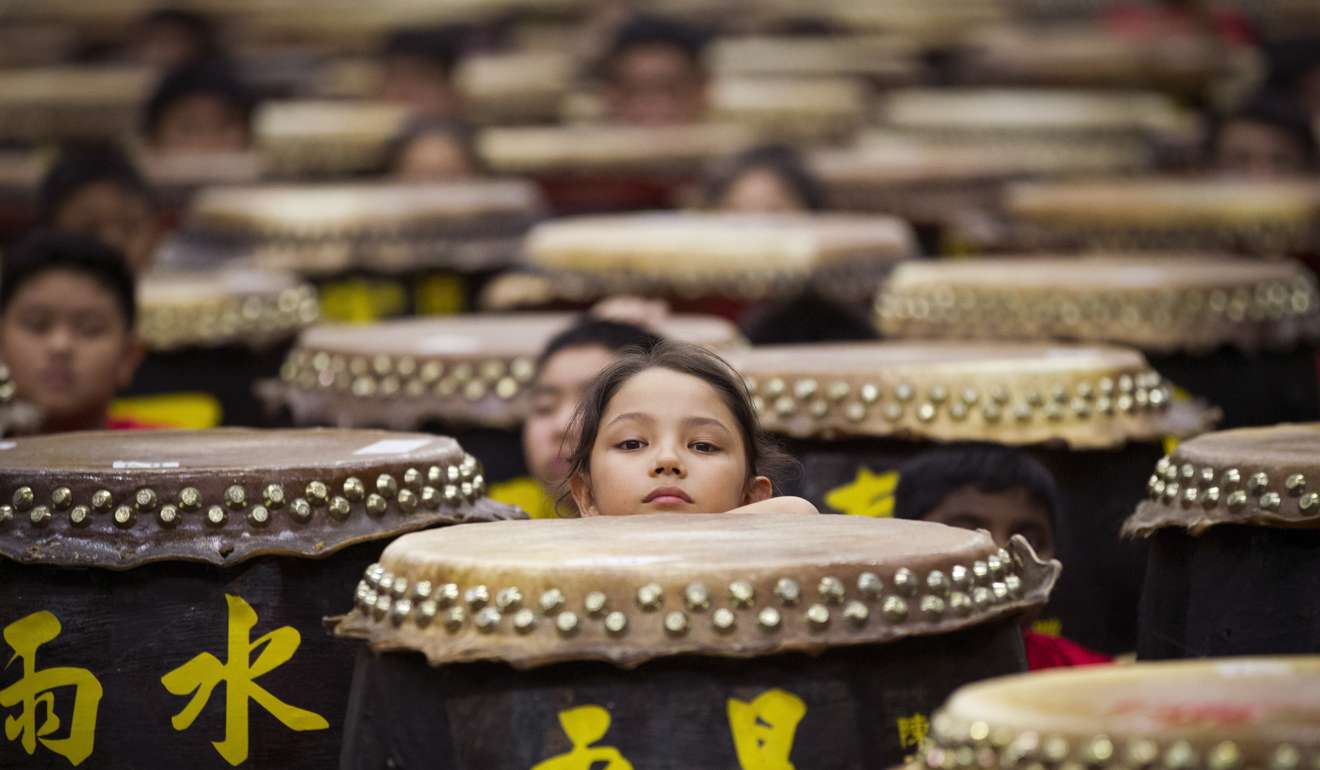 Young drummers in Kuala Lumpur, Malaysia. Photo: AP “Kuala Lumpur is nicely developed and everything is still quite cheap. Much cheaper than Shanghai. I have travelled to over 30 countries and I think Malaysia is a good fit for me. Chinese can live harmoniously with Malays and Indians here. There is no conflict among different ethnic groups.” The only problem, he says, is when his wife tries to order food with her limited command of English. “But that’s why she usually goes for buffets,” he noted wryly. Hu said he had urged friends to sell their properties in China and move to Malaysia. “I told a friend that if he sells his apartment in Shanghai, he can buy a luxury home in Kuala Lumpur and still have some money left. My friend refused, saying that his social circle is still in China. But some friends are considering the second home scheme and they want to come here to have a look.” 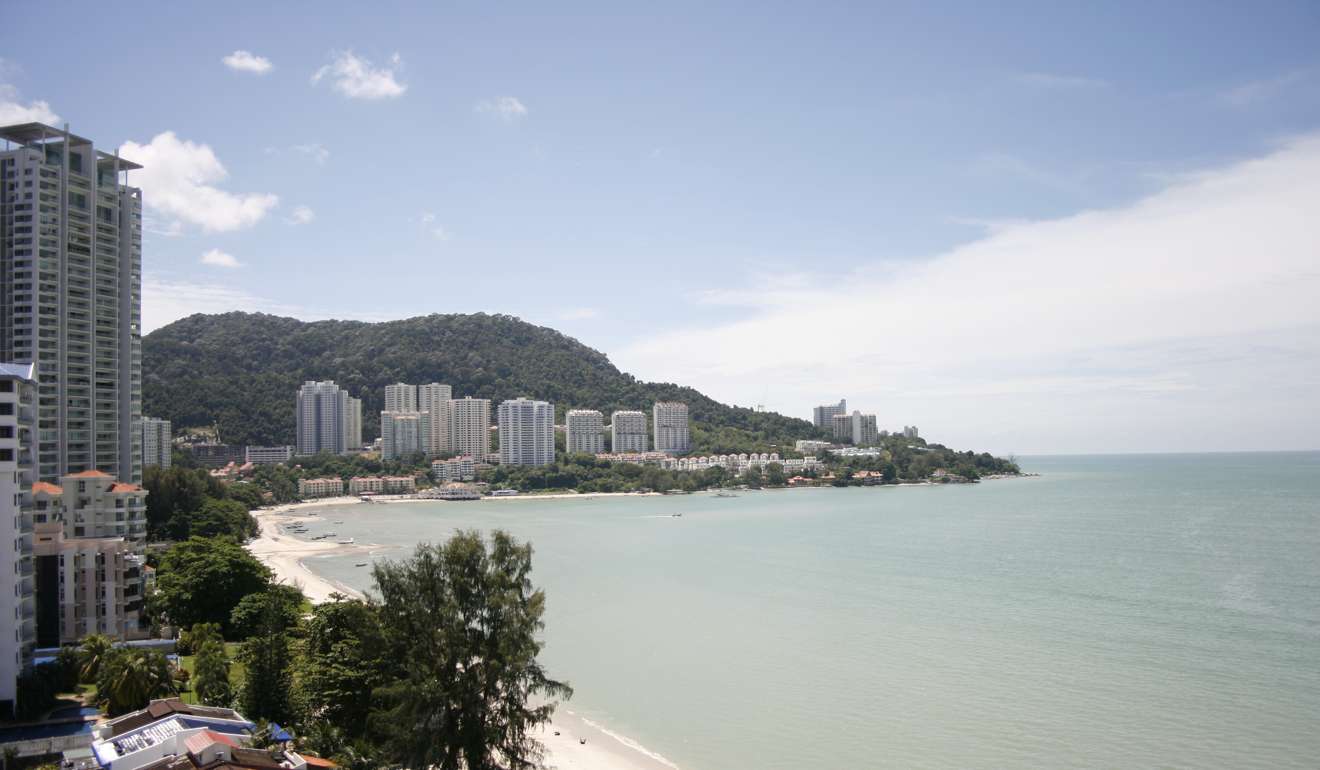 Sea-view apartments are hard to come by in Shanghai, but not in Penang, Malaysia. Photo: iStockphoto Hu Yiqing, 48, fell in love with the sea when she visited her aunt in the island state of Penang. “You could see the sea from her home. We are from Shanghai and it’s rare to have a sea-view apartment in Shanghai. She told us about the scheme so once we went back to China, we immediately started applying ... We filed all the papers in May and by August we relocated to Penang.” Penang’s laid-back vibe appealed to homemaker Hu and her husband, who runs a financial services company. They do not miss the bad traffic and poor air quality in Shanghai. She said her husband split his time between Penang and Shanghai. “If we had a better internet connection my husband would stay the whole year. But even now, we still don’t want to go back to China,” she said, adding that the pair and their son integrated into local life quickly due to the high number of Chinese-speaking Malaysians in Penang. “There are so many Chinese that you can integrate into the society easily. My friends are from Chinese parents in international schools or Chinese from local churches.” Hu said her son could go to an international school for half the price of Shanghai. “The education quality is pretty much the same – in fact, I like the international school in Penang better. In Shanghai, even if you study in an international school, kids are still being pushed by teachers to study hard and compete with each other. I disagree with their way of teaching.” 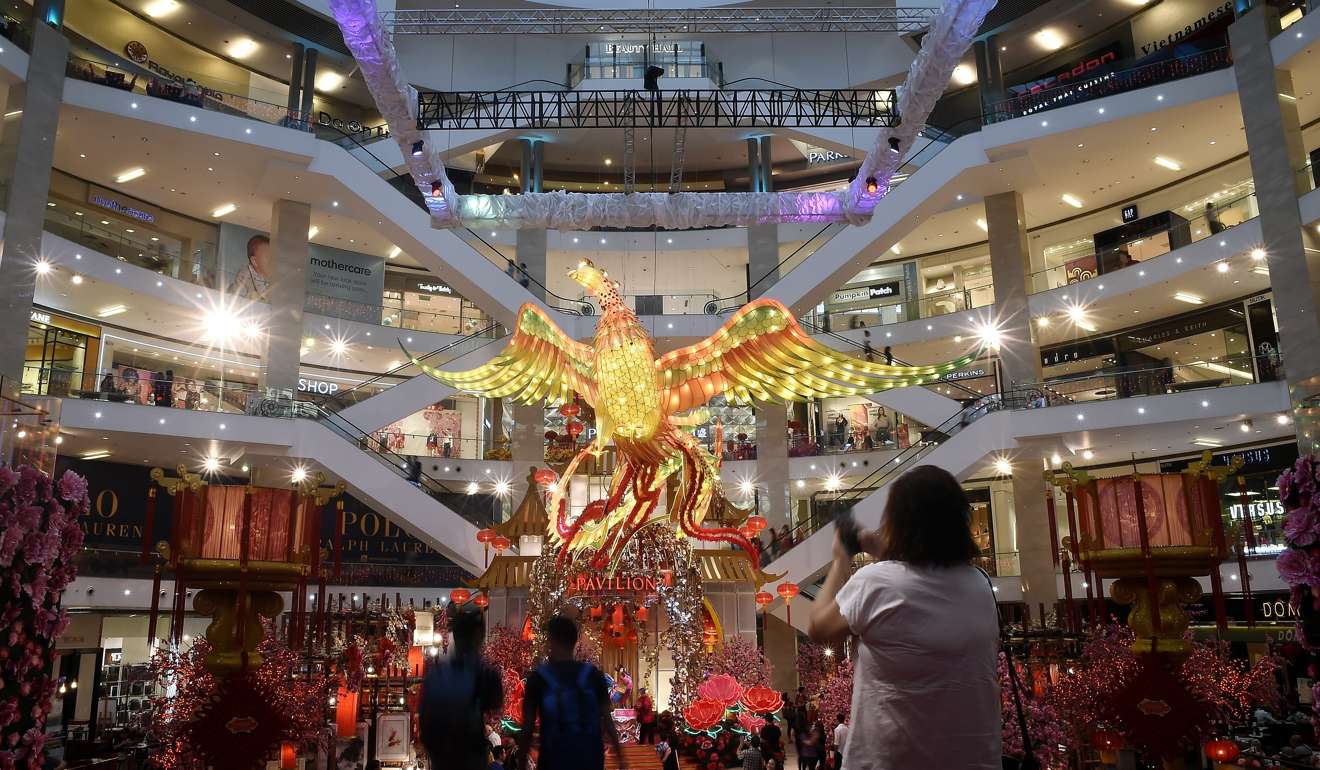 Visitors walk past a giant rooster installation as part of the Chinese Lunar new year celebrations in Kuala Lumpur. Photo: AP She has praised the scheme to her friends, many of whom are now applying. “So many Chinese have been coming to Penang. It’s hard for children to enrol in an international school now. They are all packed.” Retiree Maurice Choy, 55, left Hong Kong for Malaysia because of its weather and reasonable cost of living. Fishing, swimming and badminton are on his list of priorities. “I travelled to Malaysia many times over the last 20 years for work and holiday, and I found Penang a nice place to retire. I bought an apartment there several years ago and applied for the scheme. This month I will settle permanently in Malaysia with my wife. To be continued below... ... ... ... ... Click here to view the whole thread at www.sammyboy.com. |
| Advert Space Available |
 |
| Bookmarks |
|
|
 t Similar Threads
t Similar Threads
|
||||
| Thread | Thread Starter | Forum | Replies | Last Post |
| Chitchat Malaysia welcomes more inferior foreign chinks to live in it. | Sammyboy RSS Feed | Coffee Shop Talk of a non sexual Nature | 1 | 26-03-2017 05:12 PM |
| Foreign ‘talents’ are often of inferior quality | Sammyboy RSS Feed | Coffee Shop Talk of a non sexual Nature | 0 | 04-01-2014 02:00 AM |
| Foreign ‘talents’ are often of inferior quality | Sammyboy RSS Feed | Coffee Shop Talk of a non sexual Nature | 0 | 04-01-2014 12:20 AM |
| Foreign ‘talents’ are often of inferior quality | Sammyboy RSS Feed | Coffee Shop Talk of a non sexual Nature | 0 | 04-01-2014 12:00 AM |
| Foreign ‘talents’ are often of inferior quality | Sammyboy RSS Feed | Coffee Shop Talk of a non sexual Nature | 0 | 03-01-2014 11:20 PM |